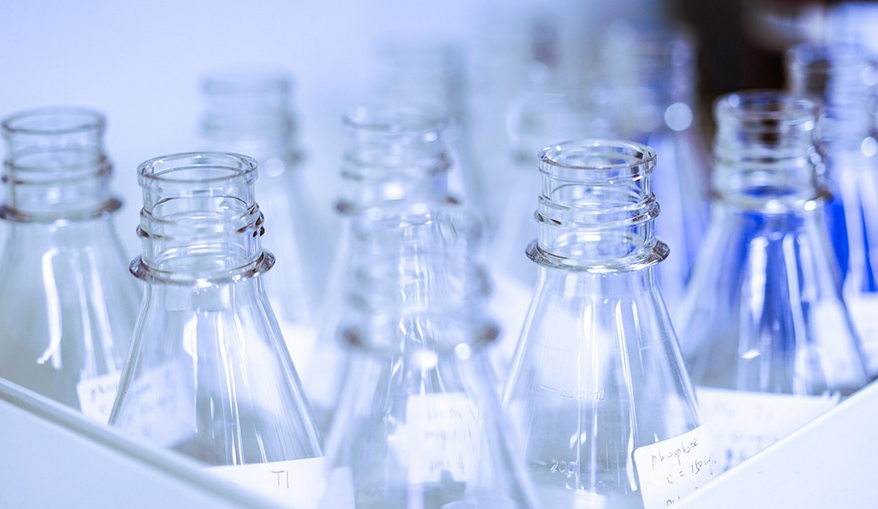The Rise of Electric Vehicles
Electric vehicles have been gaining popularity in recent years due to their eco-friendliness, cost-effectiveness, and efficiency. With the growing concern for the environment and the need for sustainable transportation, electric vehicles are quickly becoming the future of the automotive industry. The Nissan Ariya is a prime example of this trend, boasting advanced battery technology that sets it apart from its competitors.
The Nissan Ariya Battery System
The Nissan Ariya is equipped with a cutting-edge battery system that utilizes lithium-ion cells. This battery system is designed to provide a driving range of up to 300 miles on a single charge, making it one of the most efficient electric vehicles on the market. The battery pack is located under the vehicle’s floor, which helps to lower the center of gravity and improve stability.
The Chemistry Behind the Battery
The Nissan Ariya’s battery chemistry is based on a new generation of lithium-ion cells that use a nickel-cobalt-manganese (NCM) cathode. The anode is made up of graphite, which is a common material used in lithium-ion batteries. The NCM cathode is known for its high energy density, which means it can store more energy in a smaller space. This results in a more compact and lightweight battery system that delivers better performance.
The Benefits of NCM Cathodes
The use of NCM cathodes in the Nissan Ariya’s battery system provides several benefits. Firstly, it offers a higher energy density, which means the battery can store more energy and provide a longer driving range. Secondly, it has a higher thermal stability, which reduces the risk of overheating and improves safety. Finally, it is more environmentally friendly than other cathode materials, such as cobalt, which is known for its social and environmental risks.
The Future of Electric Vehicle Batteries
As electric vehicles become more popular, the demand for advanced battery technology continues to grow. The Nissan Ariya’s battery system is just the beginning of what is to come. In the future, we can expect to see even more advanced battery systems that offer faster charging times, longer driving ranges, and improved safety.
The Importance of Battery Recycling
As electric vehicles become more common, the need for battery recycling will also increase. Lithium-ion batteries contain valuable and scarce materials, such as cobalt and nickel. Battery recycling helps to recover these materials and reduce the environmental impact of their production. Nissan is committed to responsible battery recycling and has implemented programs to collect and recycle used batteries.
Conclusion
The Nissan Ariya is a game-changer in the electric vehicle market, thanks to its advanced battery technology. The use of NCM cathodes in the battery system provides several benefits, including a longer driving range and improved safety. As electric vehicles continue to grow in popularity, we can expect to see even more advanced battery technology in the future. It is important to remember the importance of battery recycling to reduce the environmental impact of electric vehicle production.

